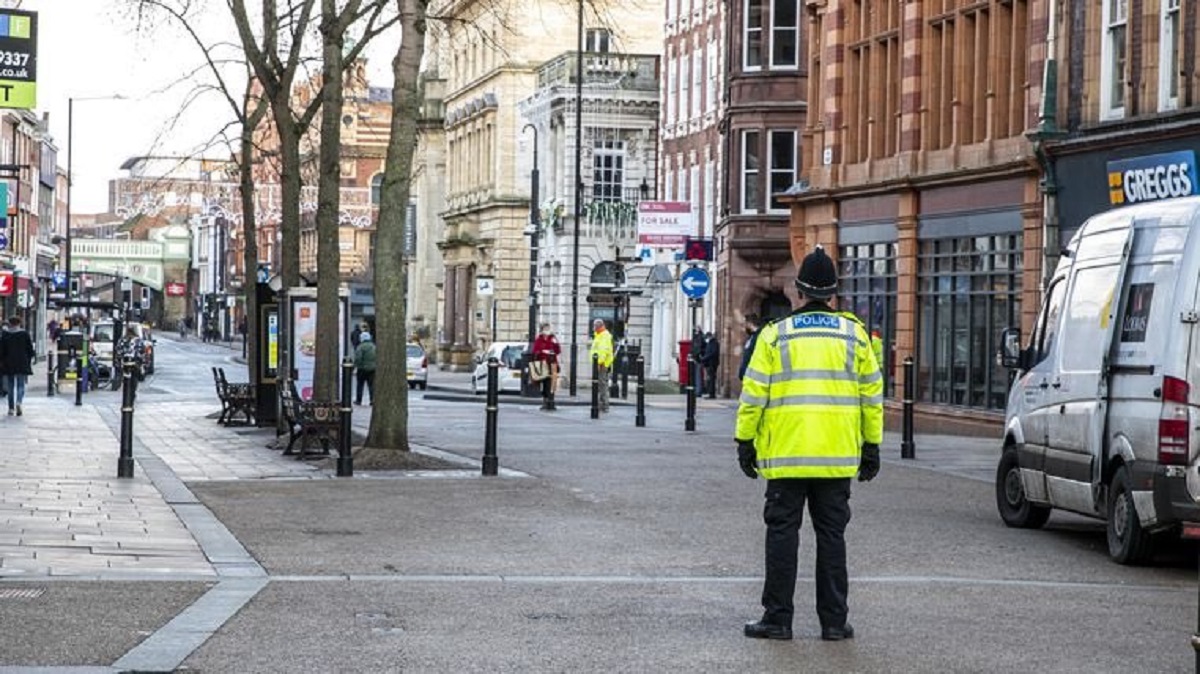The policing minister, Kit Malthouse, affirmed Metropolitan Police commissioner Dame Cressida Dick’s pledge that rule-breakers are “increasingly likely” to be fined, adding that people have a “duty” to make this lockdown “the last one”.
Covid fines more likely now
In an appearance on BBC Breakfast, Mr Malthouse said: “We are urging the small minority of people who aren’t taking this seriously to do so now, and [are illustrating] to them that if they don’t they are much more likely to get fined by the police. These current measures should in theory, if we all stick by them, be enough to drive the numbers down so that we can start to move through the gears of tiers from mid-February.”
In her warning in the Times, Dame Cressida said officers were still finding people breaking the rules, despite clear laws that ban social gatherings.
“Most people are doing the right thing to keep each other safe, but sadly a small minority of people continue to flagrantly ignore the rules, for example by holding house parties, meeting in basements to gamble or breaking into railway arches for unlicensed raves. It is preposterous to me that anyone could be unaware of our duty to do all we can to stop the spread of the virus,” she wrote, noting that those breaking Covid laws were “increasingly likely to face fines“.
In an appearance on Radio 4’s Today programme, Dame Cressida said greater enforcement was “common sense” rather than “dictatorial policing”.
She also defended Prime Minister Boris Johnson’s cycle in east London at the weekend saying it was “not against the law”.
In England, Wales and Northern Ireland fines start at £200 – but are lower in Scotland. Large parties can be shut down by the police – with fines of up to £10,000. In England and Wales, police have issued 8,000 penalties since November.
Before issuing a fine, police must follow a system called “the four Es” which stands for: engage with someone, explain the law, encourage them to change their behaviour and finally enforce the law if all else fails.

